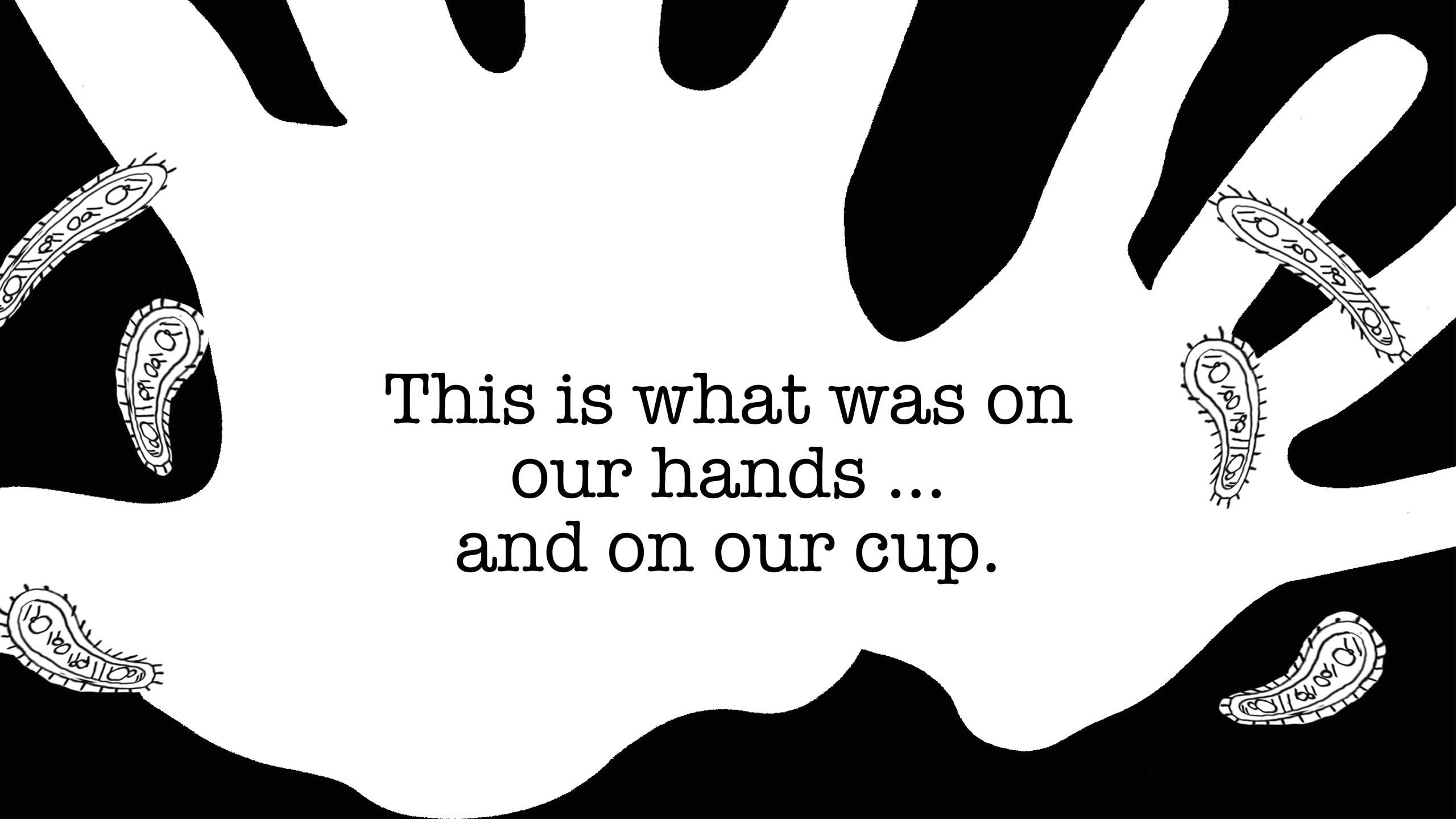Hands on
Combine large, bold images with the beautifully crafted words of your story.
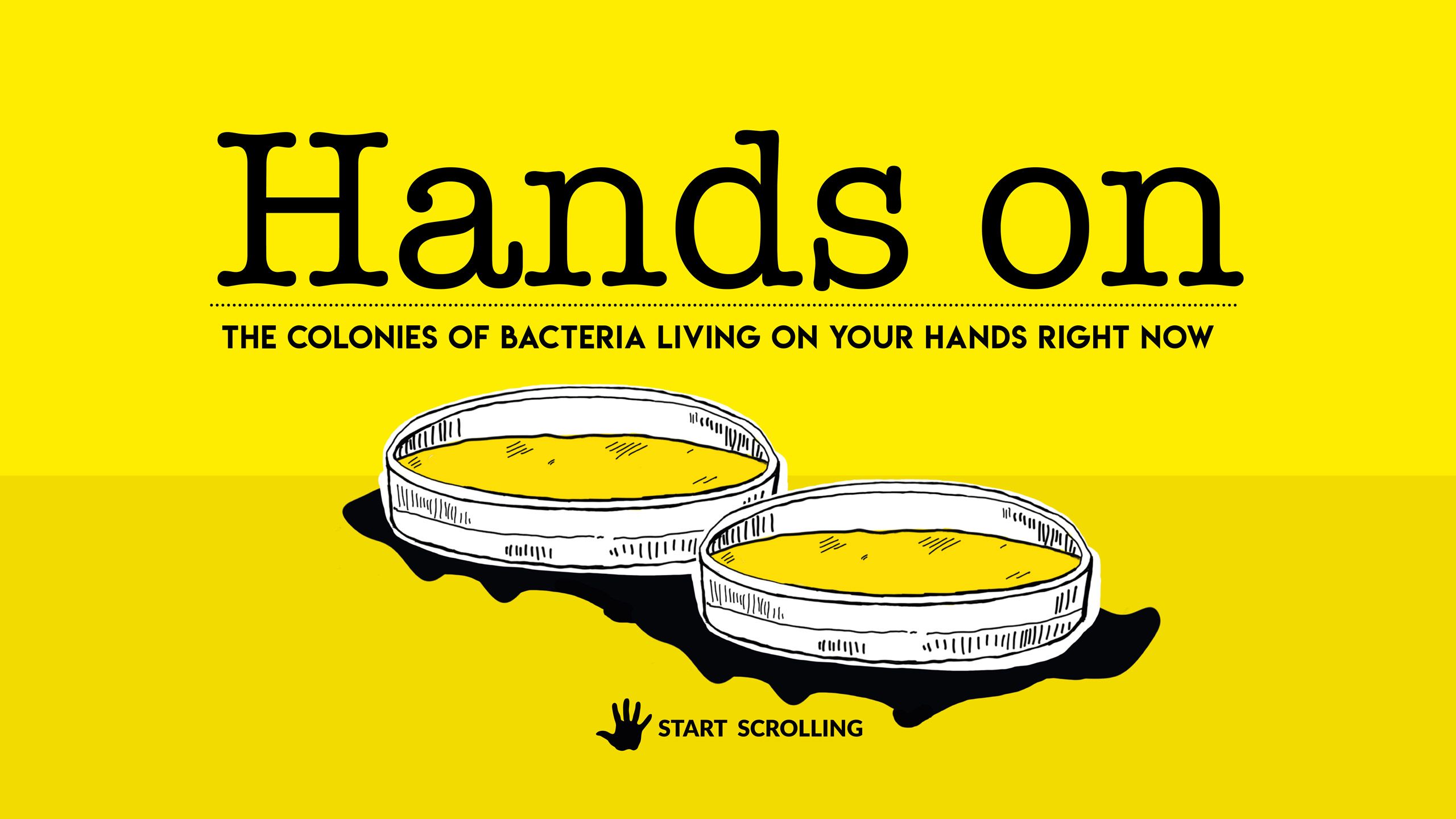
How much bacteria do you pick up from the things you touch every day?

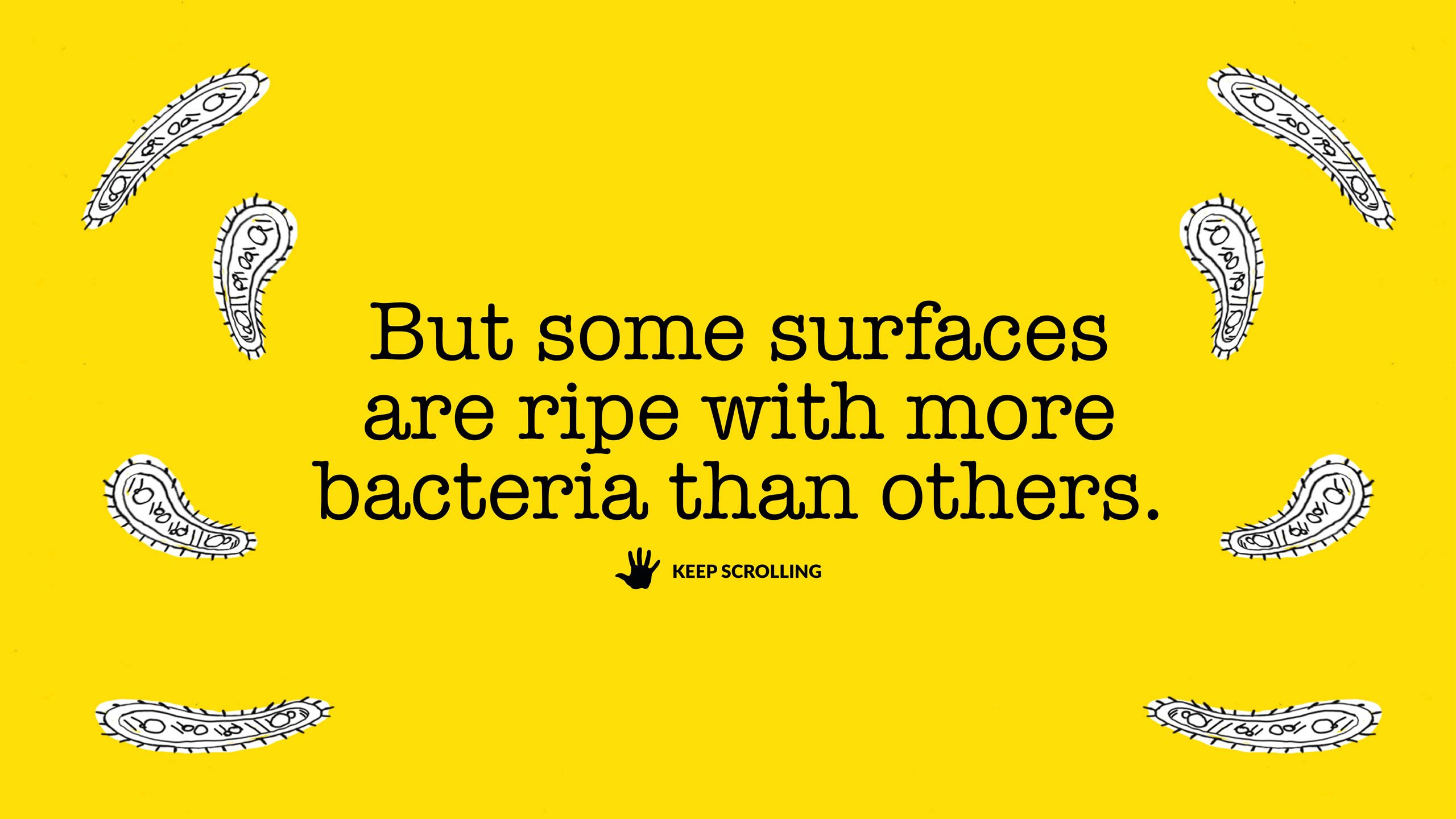
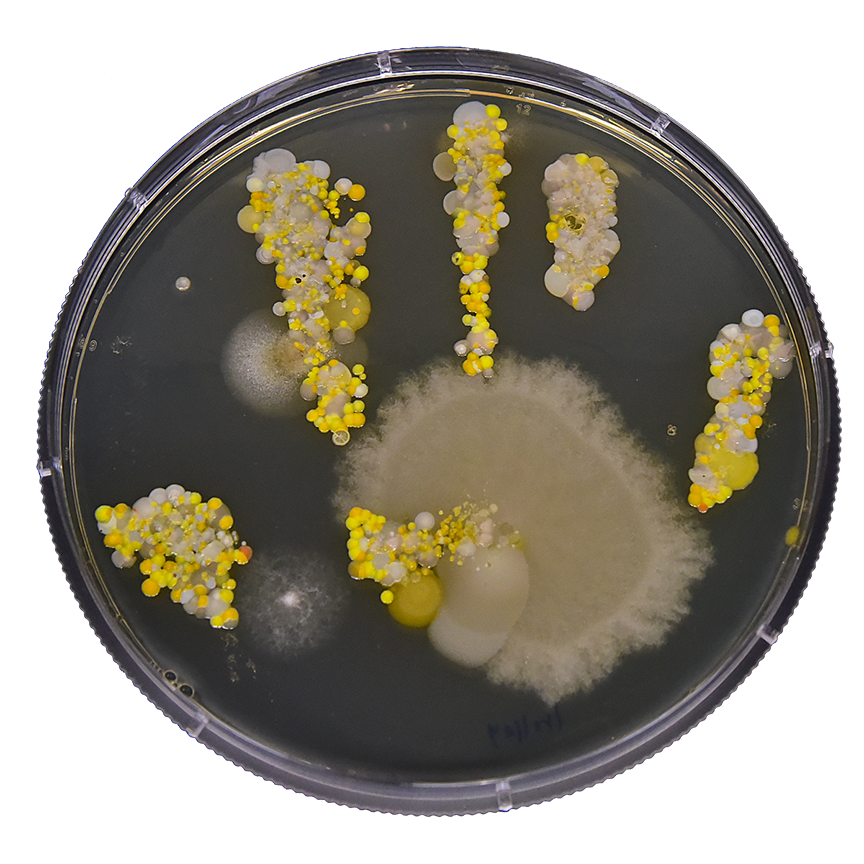
The trolley handle sample shows how human hands are "very good carriers" in disseminating bacteria, said Dr Chris Sham, who supervised our experiment.
Products like packaged poultry, seafood and fruit pass through the hands of many customers as browse at the supermarket, said Dr Sham, who is an assistant professor of microbiology at the National University of Singapore.
"If I use the trolley and (then) you touch it next and I haven’t washed my hands previously, I can also spread my bacteria to you in that way,” he said.

Some of us are inclined to take our phones with us everywhere – even to the toilet – and as a result, its surface could be rife with all manner of micro-organisms we pick up along the way.
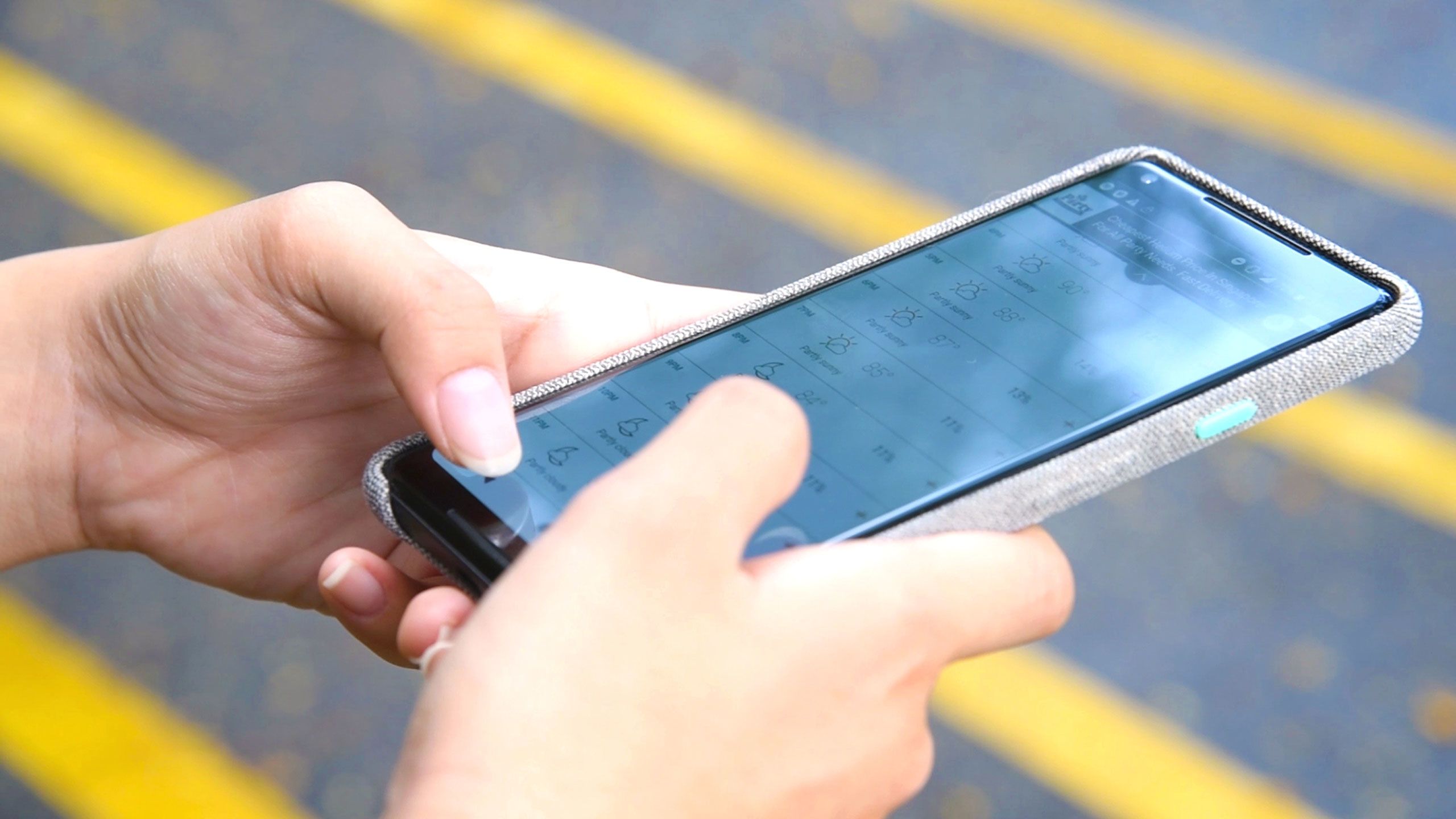
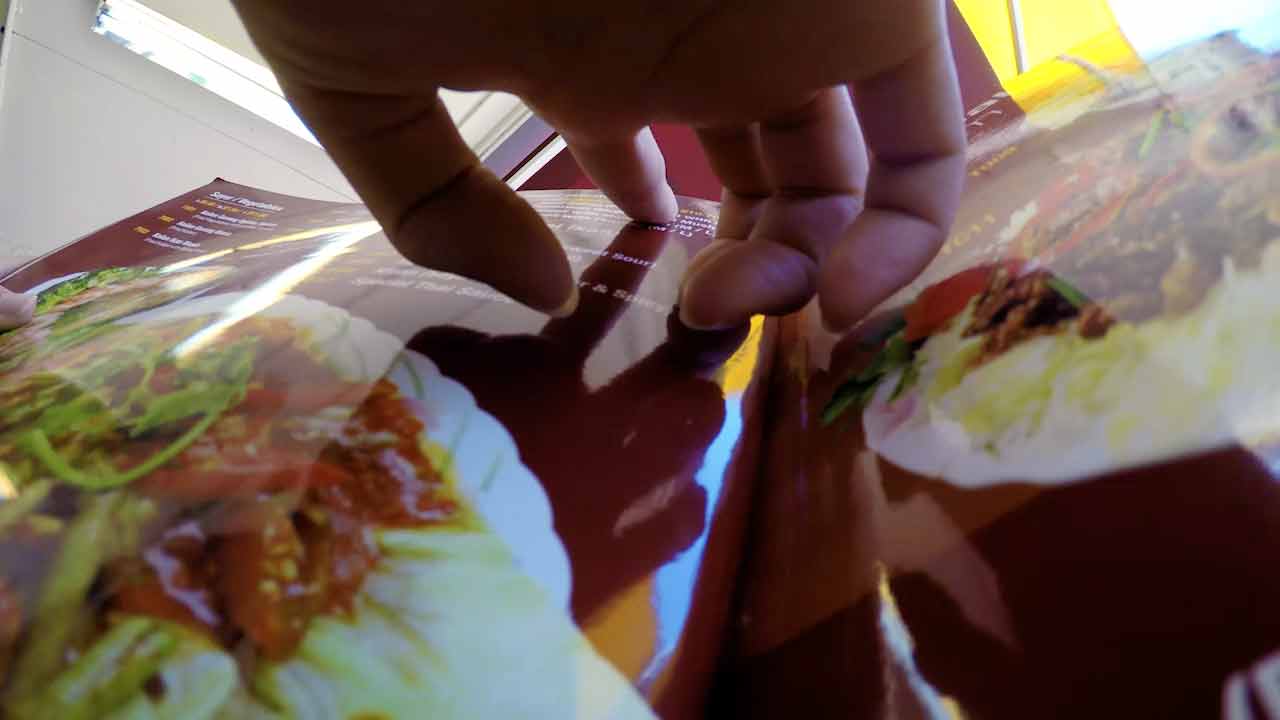
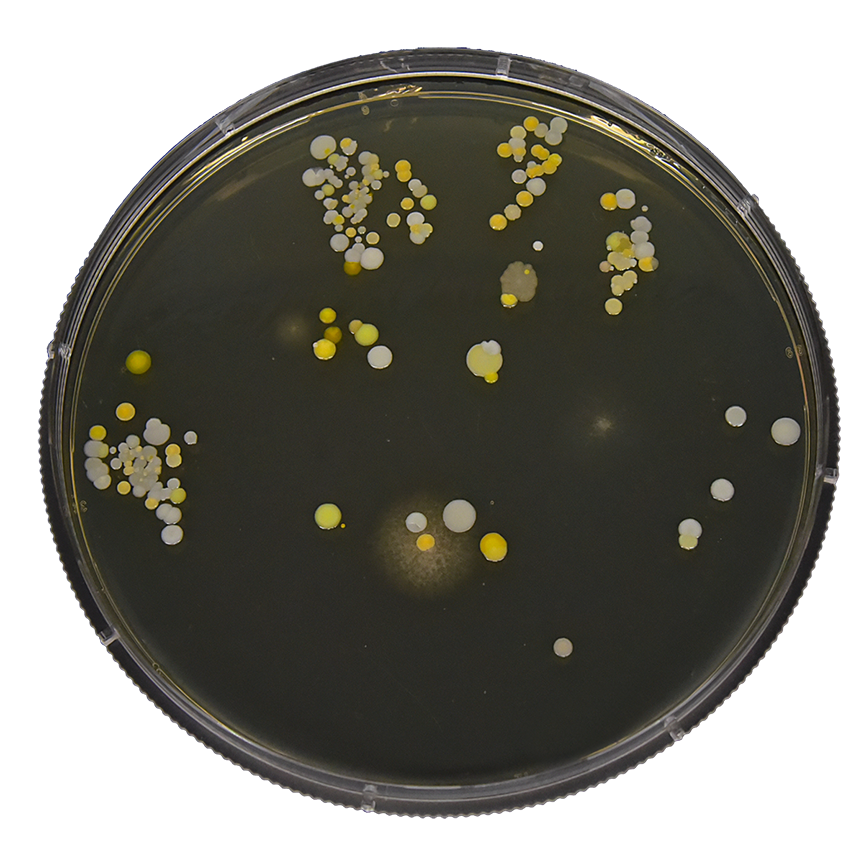
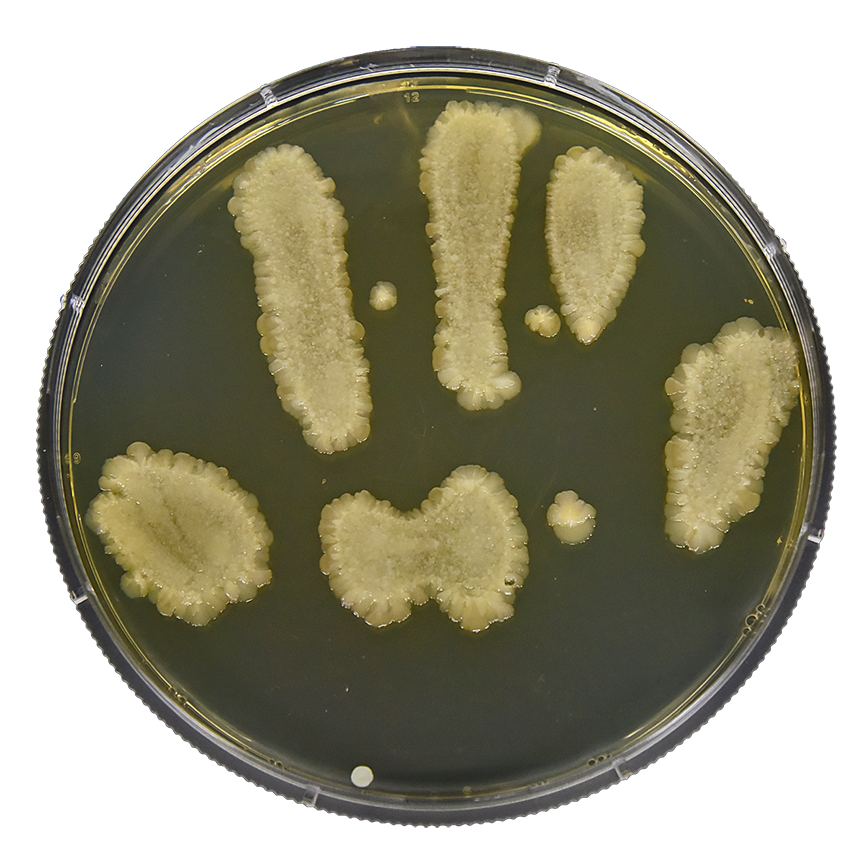
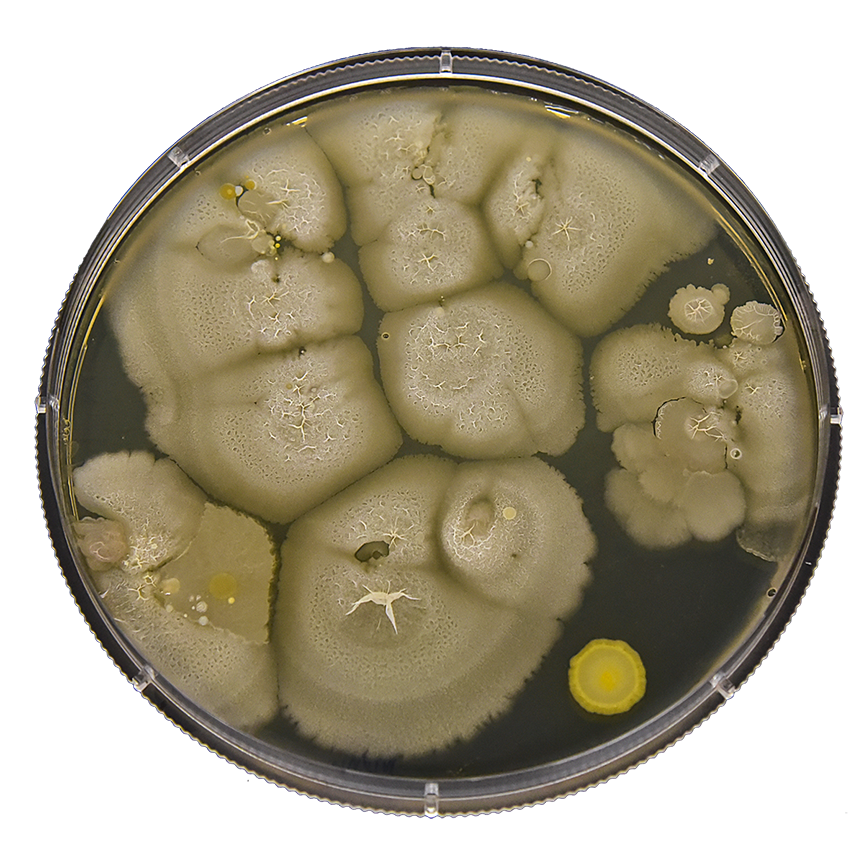
How much bacteria can we pick up from our pets?
We spent some time outdoors playing fetch with a slobbery, enthusiastic dog.

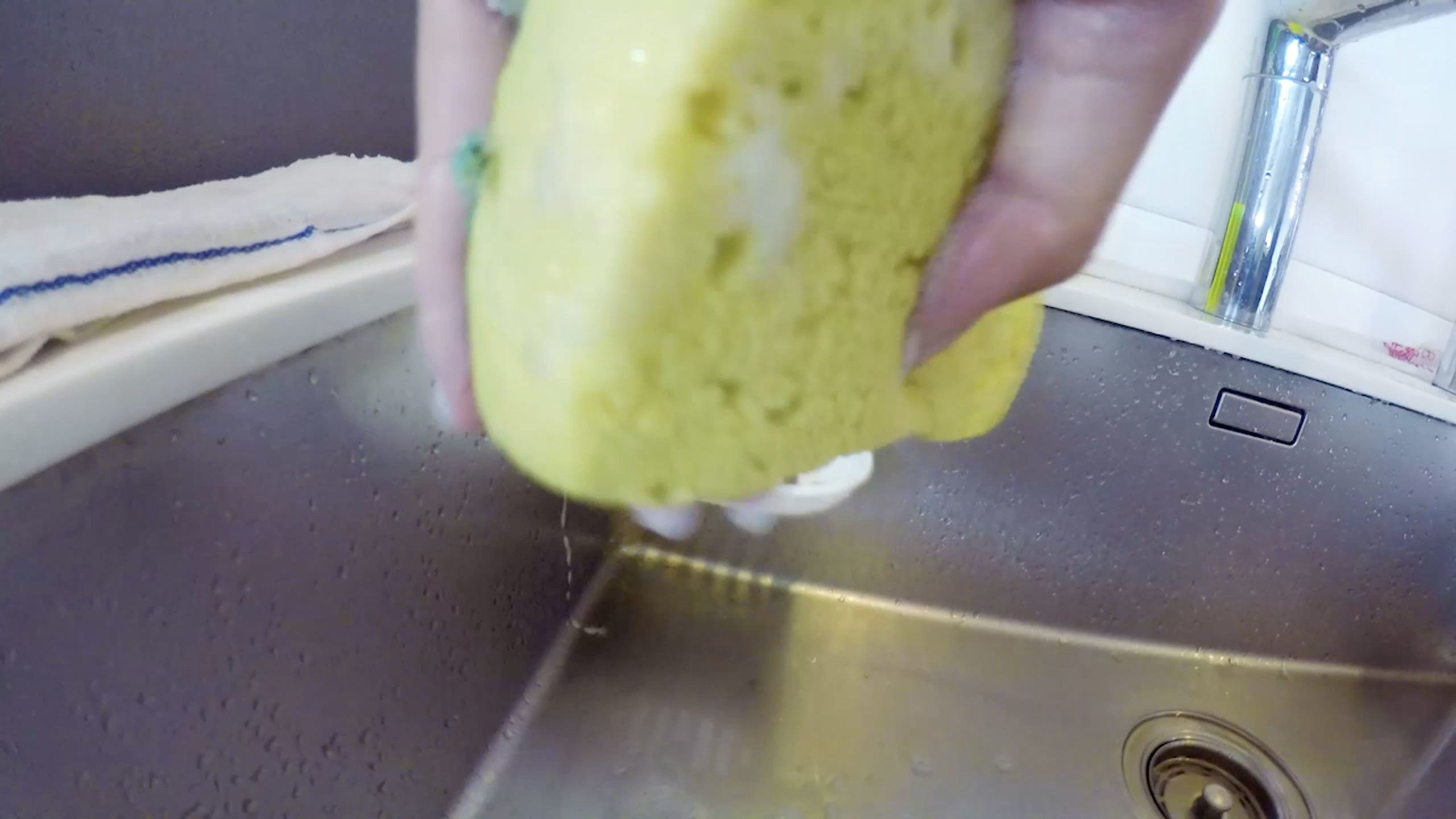
And we confirmed our worst suspicions about shared kitchen sponges - like the one in the office pantry.
"Because kitchen sponges are damp, bacteria is able to multiply very quickly,” Dr Sham said.
“After daily use, if you don’t disinfect your kitchen sponge, you actually end up spreading the bacteria from one item to another instead of cleaning it.”
